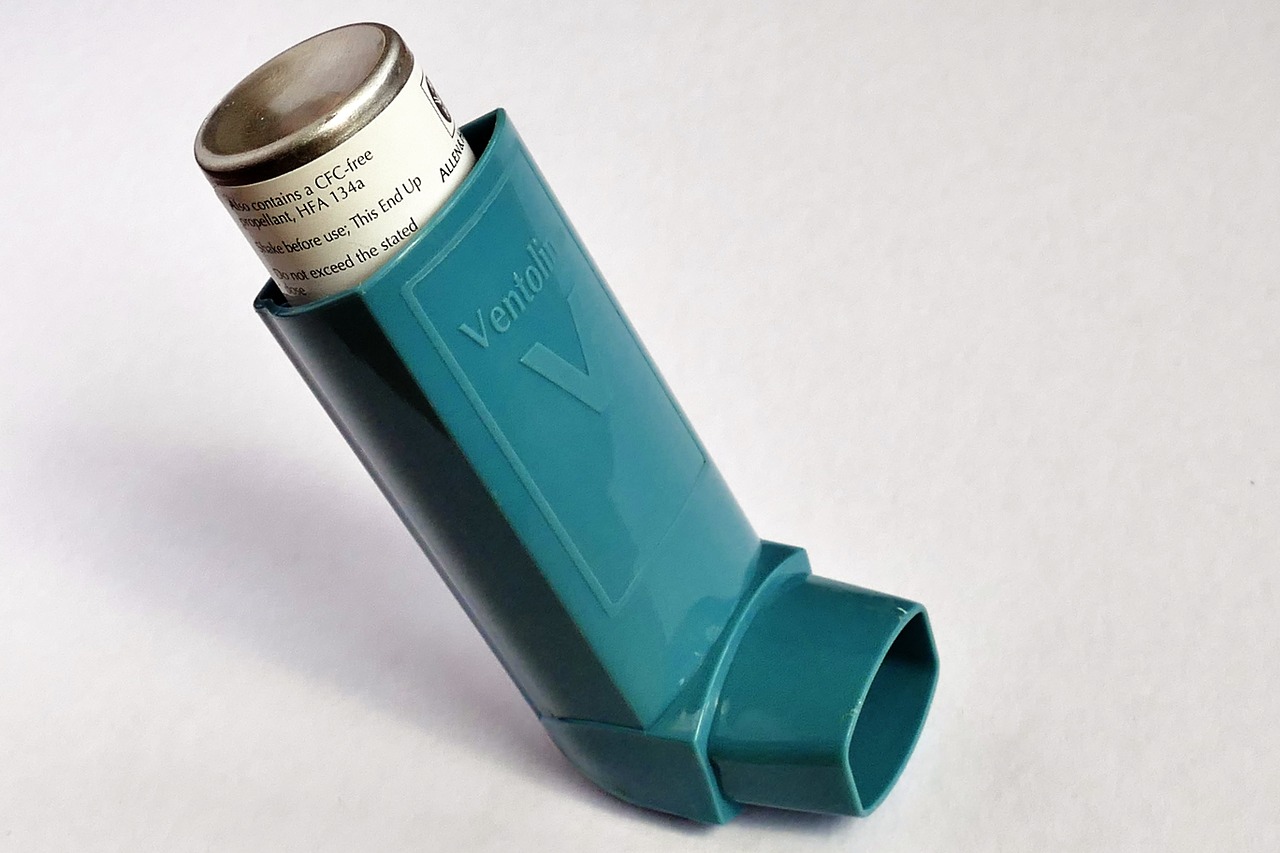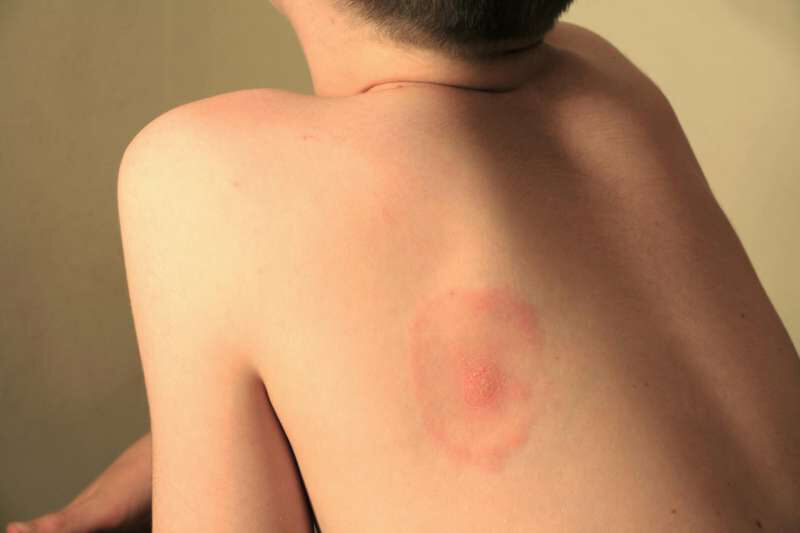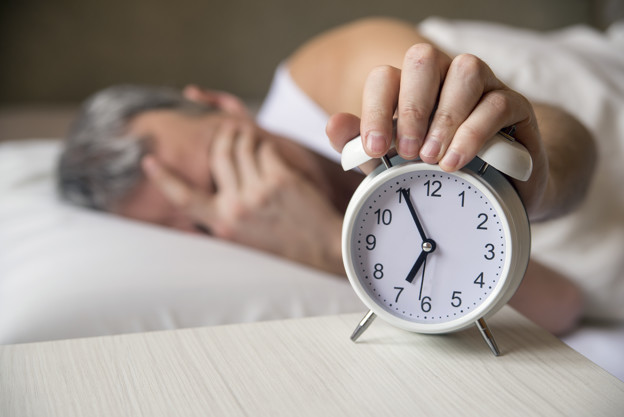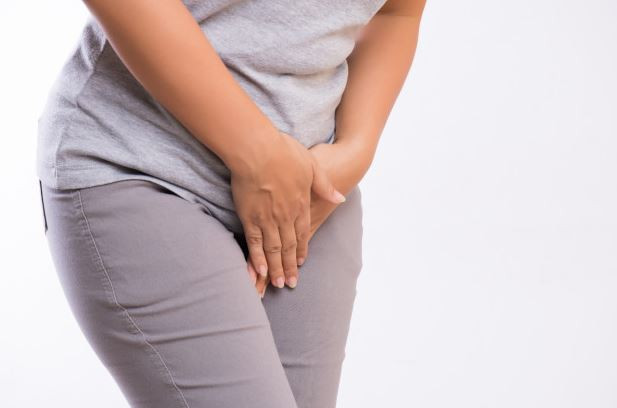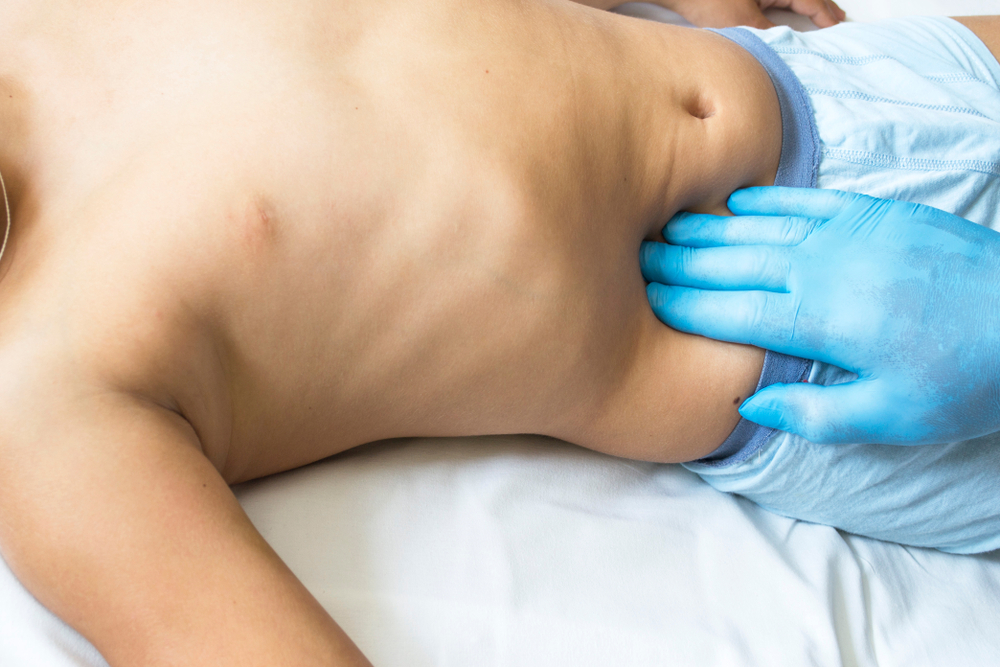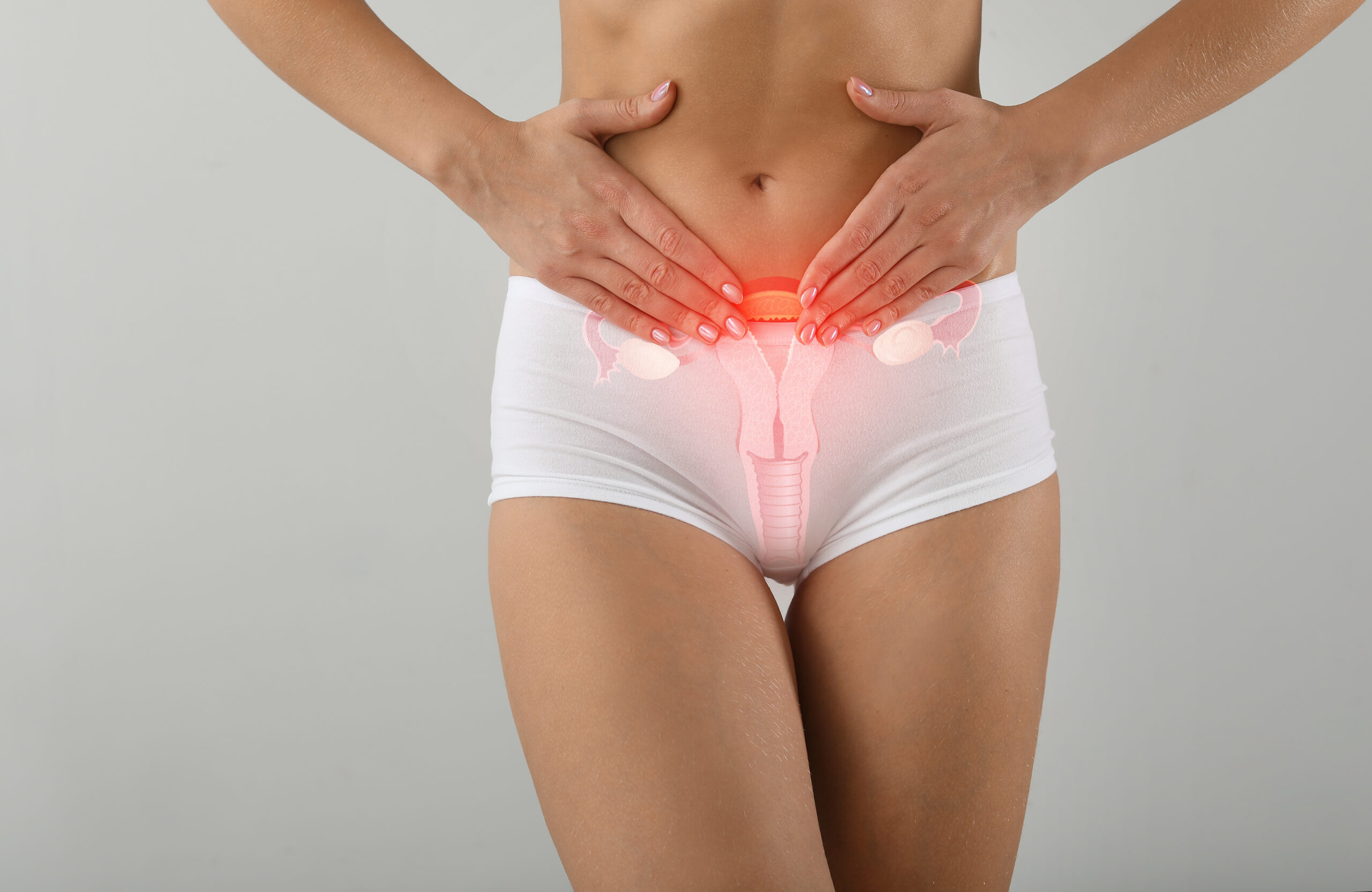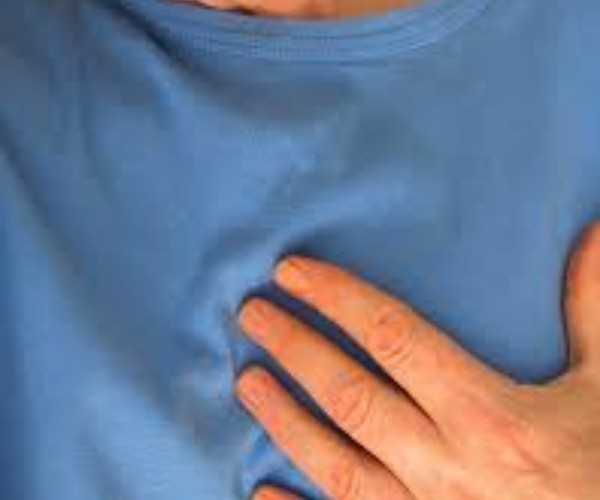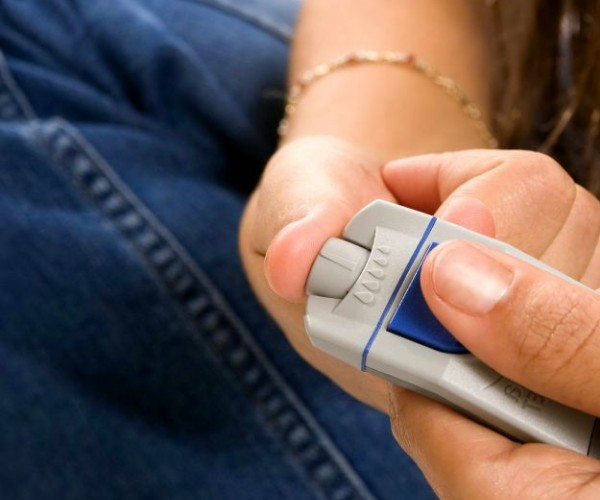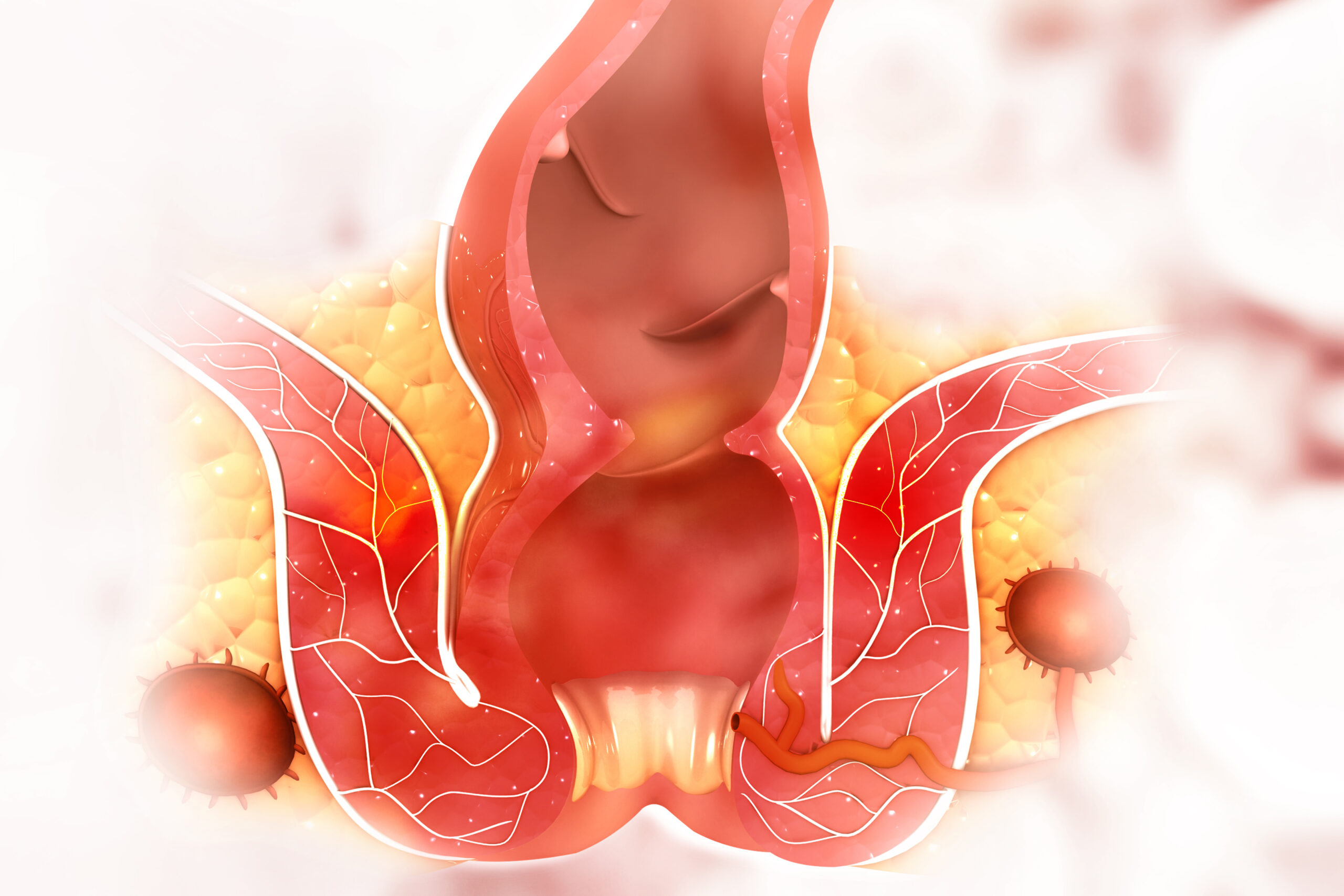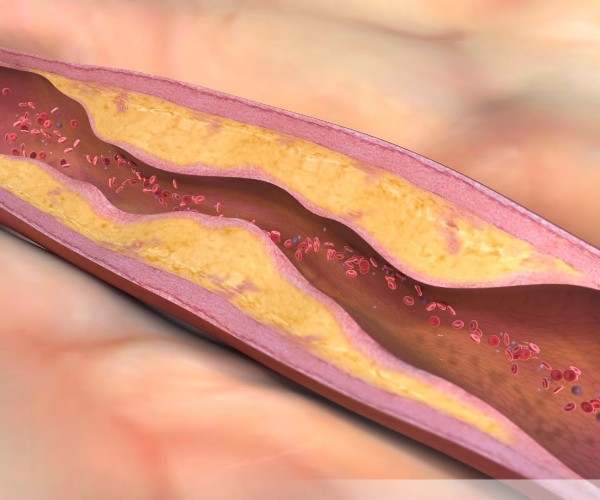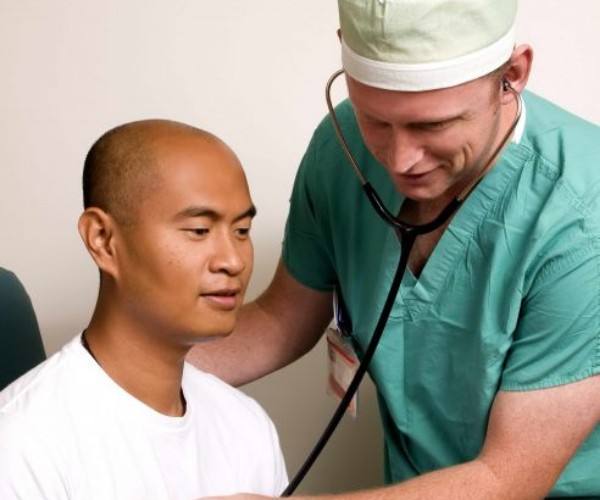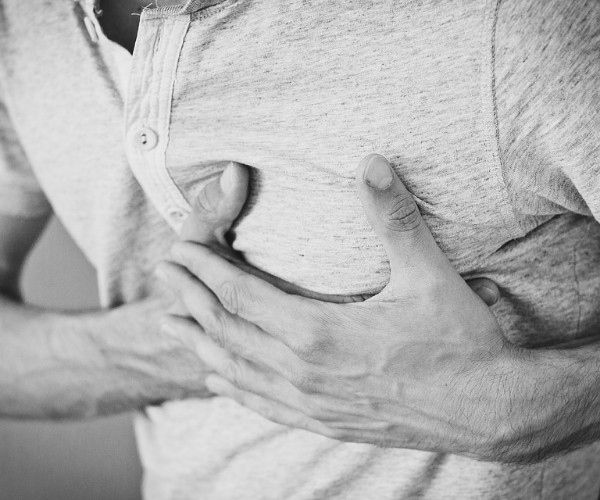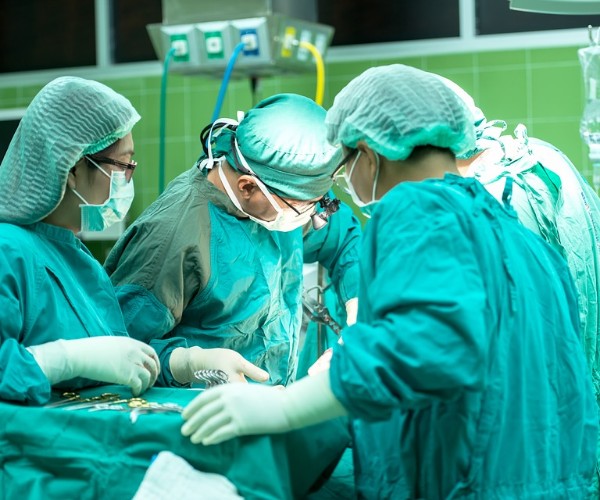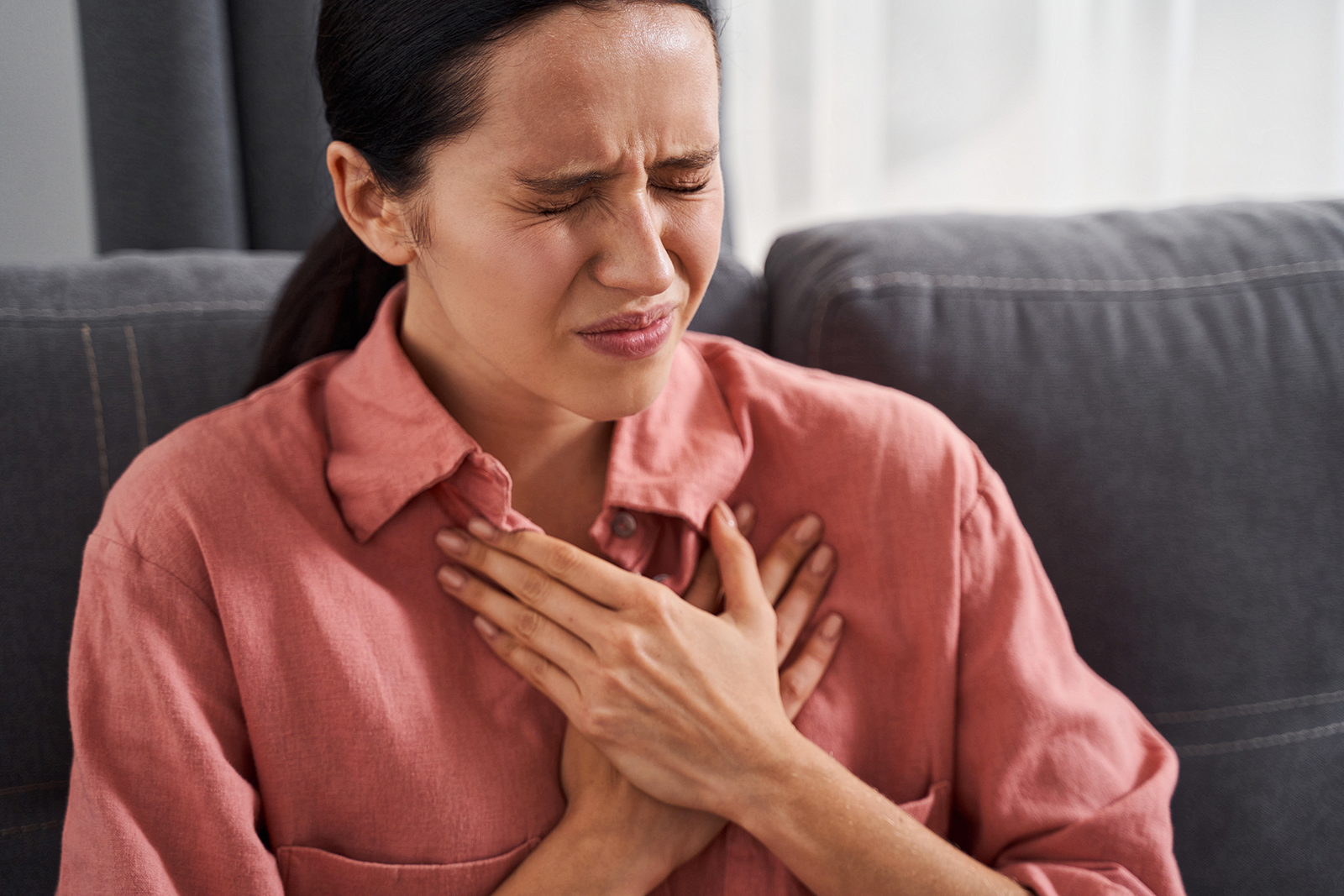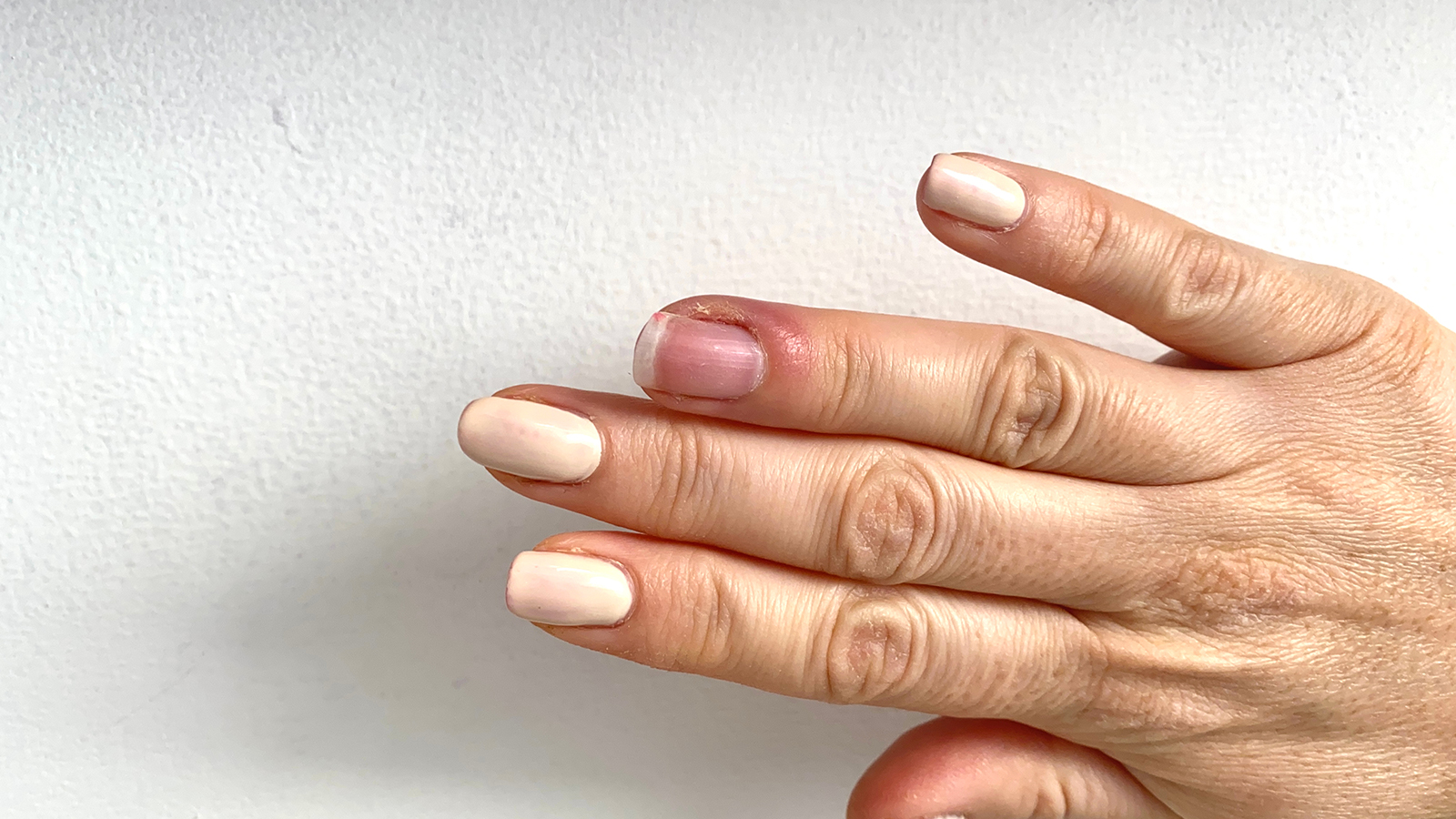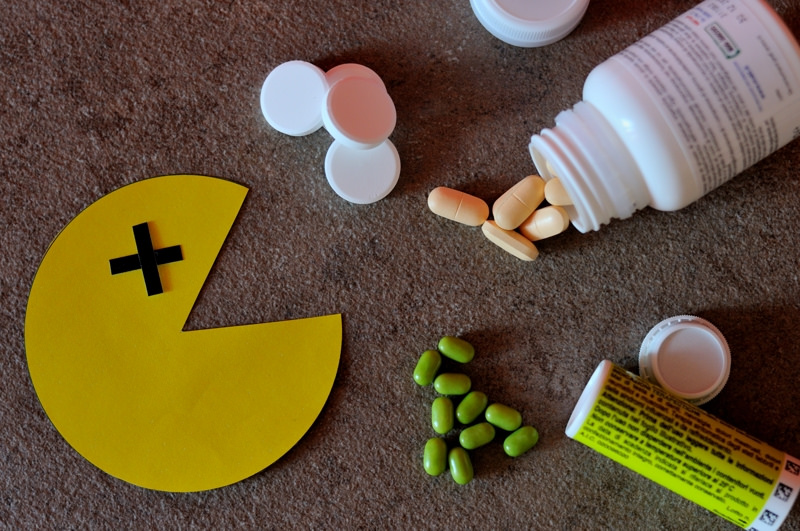What happens when you stop having sex, what are the mechanisms of sexual desire ?
Scholars and researchers have not yet been able to define exactly what sexual desire consists of or how to measure it in men or women.
Although hormones play an important role, it is not entirely clear in what percentage they may contribute to the construction of desire, since many other factors, such as the general state of health, social and cultural conditions, and the psychological state of people, may contribute to the structure of desire and then libido.
Some are convinced and others less so that regular sexual activity can affect one’s overall physical health. Perhaps sex is the last thing you think about when you are stressed, but practicing it could help precisely to reduce anxiety and its effects.
Lack of sex could weaken our immune system, increase blood pressure and even affect the prostate. Therefore, effects on people’s health are possible.
Sex appears to limit the amount of hormones the body releases in response to stress, limiting its negative action.
An active sex life can make us happier and healthier.
Research reports that people who have sex once a month or less suffer from heart disease more often than those who have it twice a week or so. Blood pressure can be kept lower if one engages in regular sexual activity; one can understand why, since some aerobic exercise together with moderate muscular exertion contributes to improved blood pressure, in addition to the aforementioned positive effects on anxiety mechanisms.
During sexual activity generally about 5 calories are burned per minute, somewhat like when you go for a brisk walk, and in addition more oxygen is also consumed.
It may not sound like much, but all these activities begin to add up over time to the various others. And since sex can improve mental health, consequently all exercises, both operational and sports, come to increase as well.
Regular sexual activity appears to be linked to improved memory, especially for older people.
- In people with metabolic problemsit ensures maintenance of sexual function , which could be impaired (as in diabetes) by elevated laboratory values.
- In hypertensives and heart patients, sexual activity promotes maintenance of related exercise and improves overall physical relaxation.
- In people withanxiety disorder or depression, abstinence may increase the tendency toward isolation and increase symptoms, while frequent sexual activity (where possible, even encouraged by the partner) may improve mood.
- In people with Peyronie’s disease (curved penis) abstinence, due to lack of organ exercise, can cause a worsening of penile curvature and a general attitude of giving up, while frequent sexual activity, even when more limited, helps blood circulation and oxygenation of the corpora cavernosa of the penis, and an improvement in the condition.
Practicing sex on a weekly basis can strengthen the immune system compared to those who do not practice it. In part this depends on increased levels of immunoglobulin A or IgA, a substance that can fight germs, although the same substance would tend to decrease when sexual activity becomes more intense with many intercourse in the week.
Regular sexual activity, even one intercourse a week, strengthens the relationship between partners, improves understanding and willingness to cooperate, and also improves chemistry and brain activity.
It has been observed by several scientific studies that the prostate also benefits from continuous sexual activity, where recurrent ejaculations decrease the risk of contracting prostate cancer.
Without practicing sex, sleep quality can deteriorate due to the loss of those hormones, such as oxytocin and prolactin, that can ensure restful sleep.
In women, sexual activity enhances the action of estrogen, which brings a general improvement in all functions, as well as restful sleep.
Sexual practice engages the mind and distracts it from negative thoughts or aches and pains, while orgasm causes endorphins and other hormones to be released in the body that can help relieve head, back, and leg pain.
Arthritis pain may also be relieved.
Sexual function must be kept active if it is not to be gradually lost. Men who have sex less than once a week are twice as likely to have erectile dysfunction (ED); postmenopausal women who have infrequent sex may see vaginal tissue shrink, mucous membranes become dry, resulting in painful sex and a severe abatement of desire.






